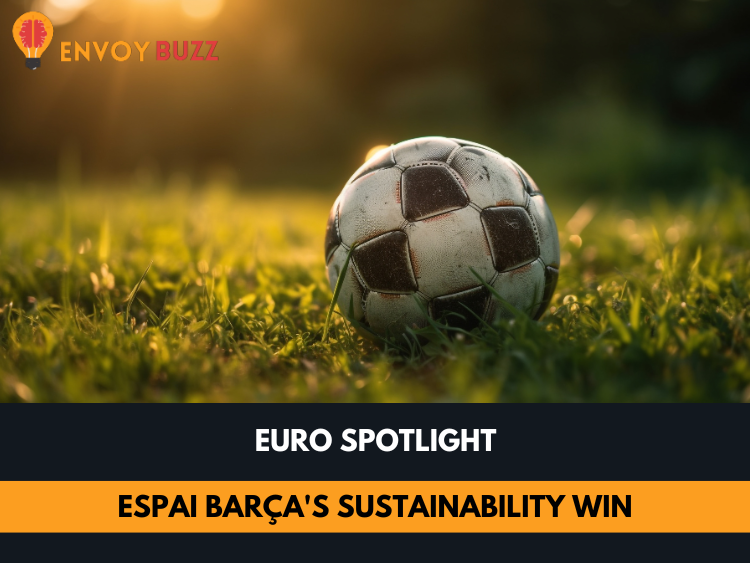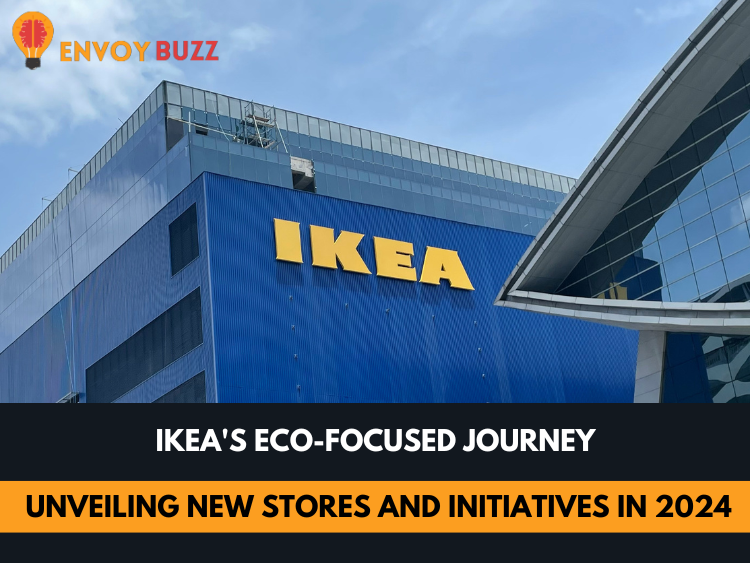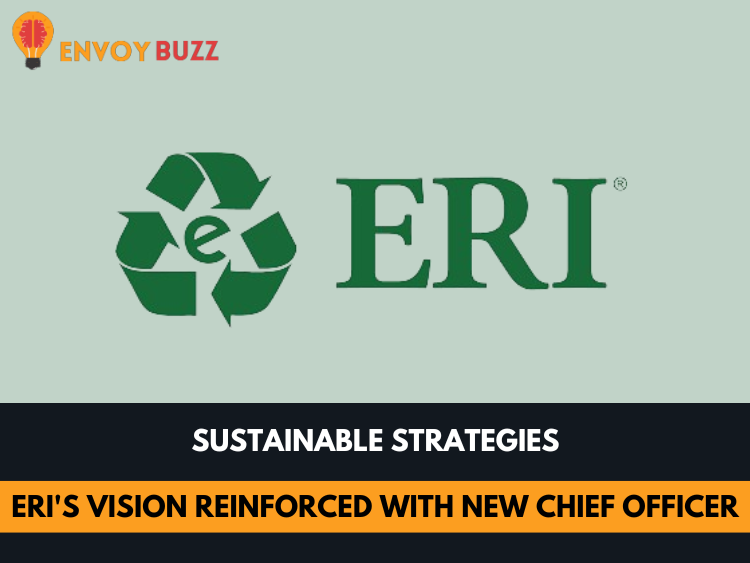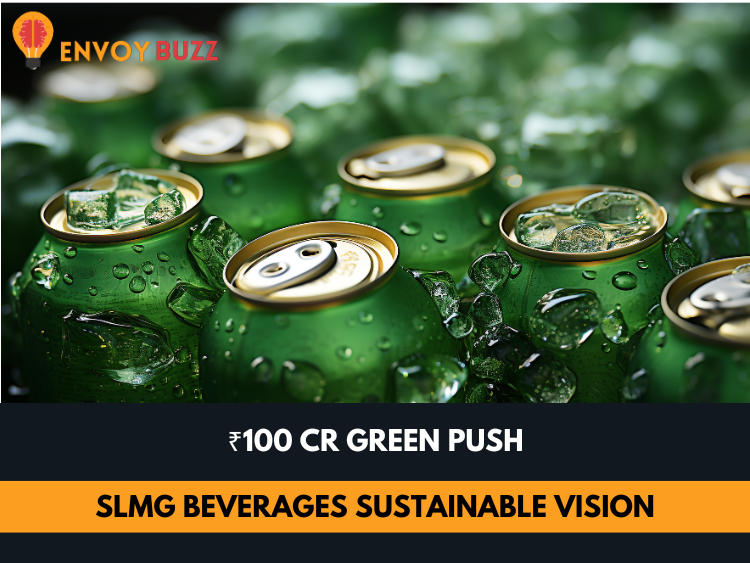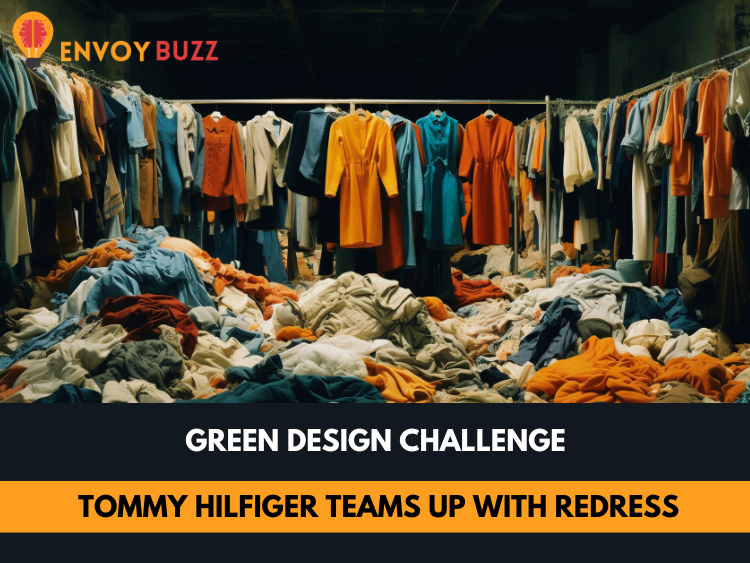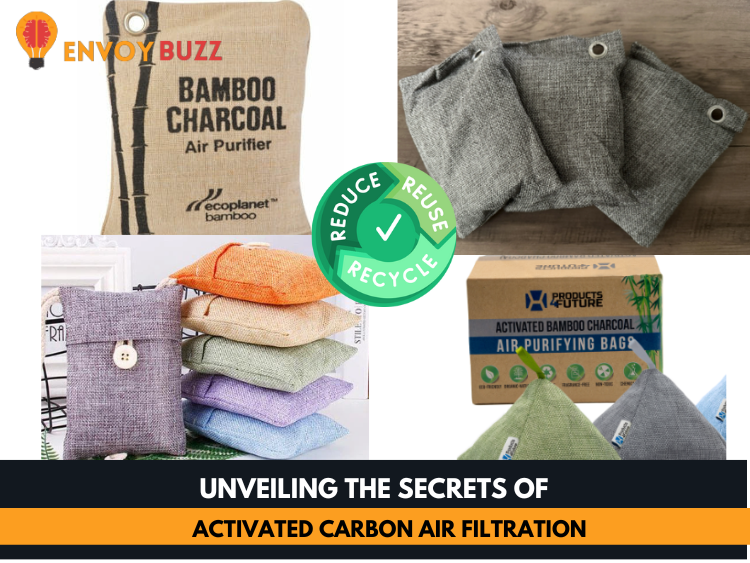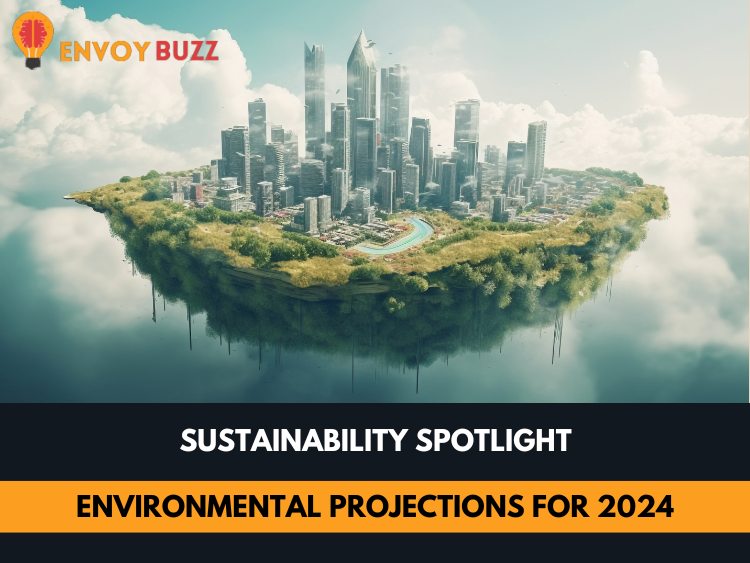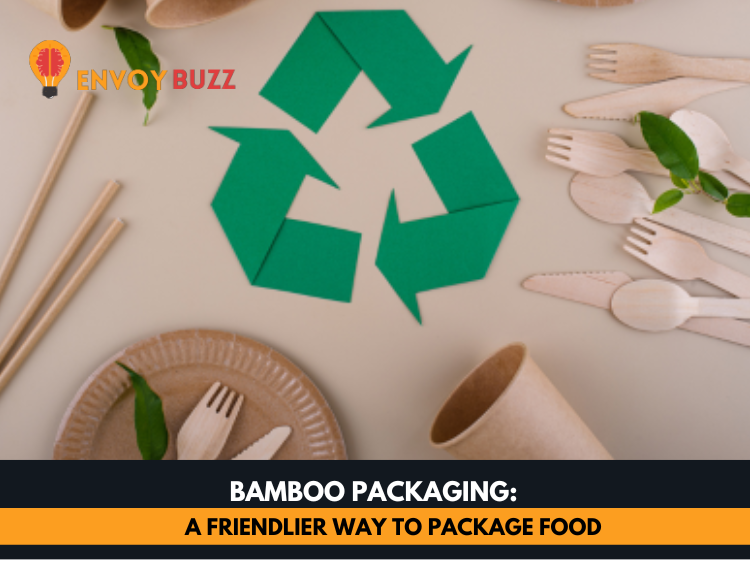In 2024, significant occurrences and observances will shape the environmental landscape, emphasizing implications for biodiversity, the environment, and global sustainability. The UN Environment Programme (UNEP) is committed to promoting multilateralism, science-driven discussions and initiatives, innovation, inclusive collaborations for biodiversity, and addressing urgent challenges such as antimicrobial resistance.
The following significant international gatherings and events are scheduled (dates and specifics subject to change):
-January 9–10: UNEP Working Group on Nitrogen Holds Fifth Meeting
This is the fifth meeting of the UNEP Working Group on Nitrogen, which aims to advance the implementation of UN Environment Assembly (UNEA) resolutions 4/14 and 5/2 on “Sustainable Nitrogen Management.” This event will take place in Nairobi, Kenya, and attendance options include both hybrid and in-person attendance.
-January 23–25: Bern III Conference on Biodiversity-Related Convention Cooperation for the Kunming–Montreal Global Biodiversity Framework Implementation
The primary objective of the Bern III Conference is to strengthen the implementation of the Kunming-Montreal Global Biodiversity Framework (GBF) through the promotion of inclusive collaboration. The conference seeks to pinpoint opportunities for cooperation among conventions related to biodiversity, proposing measures to enhance collaboration within the confines of respective mandates. Additionally, it underscores the significance of sharing practical experiences to guide scalable cooperation in the implementation of Multilateral Environmental Agreements (MEAs).
-From February 12 to 17, the Fourteenth Meeting of the Conference of the Parties to the Convention on the Conservation of Migratory Species of Wild Animals (CMS COP 14) will take place.
In order to ensure the survival of migratory species, international cooperation is emphasized at the upcoming CMS COP14 in Samarkand, Uzbekistan. Under the umbrella of “Nature knows no borders,” it is consistent with the Global Biodiversity Framework developed by Kunming and Montréal. The climate crisis, overexploitation, and habitat conservation are the topics of this meeting. The conference emphasizes cross-border cooperation among nations to ensure the survival of these species.
-The United Nations Environment Assembly will hold its sixth session from February 27 to March 1. (UNEA-6)
UNEA-6, held at UNEP Headquarters in Nairobi, Kenya, places a strong emphasis on multilateral efforts that are sustainable and effective in addressing pollution, biodiversity loss, and climate change. Through official events and dialogues, Member States and stakeholders will work together to advance the Decade of Action and address the connections between these global challenges. The assembly’s goal is to set the stage for more robust regional and international efforts by the UN, its member states, and its allies to take meaningful environmental action. In addition, there will be exhibits, several official and affiliated side events (some hybrid), Leadership Dialogues, and much more at the event.
-International Day of Zero Waste is on March 30.
In order to combat pollution, climate change, and biodiversity loss, the International Day of Zero Waste advocates for circular economies and sustainable consumption and production. Zero-waste initiatives seek to minimize and prevent waste, improving environmental protection and human well-being, as the world’s waste output reaches 2.24 billion tons annually.
-Fourth meeting of the Intergovernmental Negotiating Committee (INC-4) is scheduled for April 21–30.
As required by the UN Environment Assembly (UNEA-5.2) resolution, the Plastic Pollution Intergovernmental Negotiating Committee (INC-4) will meet in Ottawa, Canada. The UNEP-backed committee is working to create a globally enforceable law that addresses plastic pollution, including in marine environments.
-Nairobi Convention, COP 11, May 28–30
The Nairobi Convention, a regional treaty dedicated to safeguarding, overseeing, and fostering the development of the Western Indian Ocean, is convening its eleventh Conference of the Parties (COP 11). This event encompasses an initial gathering involving partners, experts, and national Focal Points, succeeded by a meeting of Heads of Delegation. The agenda includes an assessment of the Convention’s Work Programme for 2022–2024, endorsement of the Work Programme and budget for 2024–2026, and discussions on pivotal decisions.
-June 3–5 is the date of the second global Montevideo National Focal Points meeting.
The Montevideo Environmental Law Programme is committed to the advancement of the global environmental rule of law. The forthcoming Second Global Meeting of National Focal Points is scheduled to take place in Nairobi, Kenya. The program aims to foster the creation and enforcement of environmental rule of law on a global scale, build capabilities within nations, and play a role in addressing the environmental aspects of the 2030 Agenda.
-From June 17 to 12, the 3rd session of the Ad Hoc Open-Ended Working Group will convene to discuss the establishment of a Science-Policy Panel. The primary focus is to advance the sound management of chemicals and waste, aiming to prevent pollution.
Aligned with UNEA resolution 5/8, the Open-Ended Working Group (OEWG) 3 persists in its efforts to recommend the establishment of a Science-Policy Panel focusing on Chemicals and Waste. Tasked with finalizing proposals by 2024, the group delves into crucial elements such as institutional structure, governance, nomenclature, scope, functions, and operational principles. These considerations aim to facilitate meaningful contributions to the effective management of chemicals and the prevention of pollution.
-High Level Conference on Antimicrobial Resistance on September 24
An important chance to address the growing threat of antibiotic resistance is the 2024 United Nations General Assembly High-level Meeting on Antimicrobial Resistance (AMR). The purpose of the conference is to reaffirm international commitment while investigating creative and cooperative measures to counteract AMR’s extensive effects on healthcare, mortality rates, and general well-being.
-October 21–23: 26th Intergovernmental Coordinating Body on the Seas of East Asia (COBSEA IGM 26)
In Cambodia, the Coordinating Body on the Seas of East Asia (COBSEA) will hold its 26th Intergovernmental Meeting. Key tactics for managing marine environments in the East Asian Seas region will be the main topic of discussion at the event.
-16th Conference of the Parties to the Convention on Biological Diversity, October 21–November 1.
October–November 2024 will see the 16th Conference of the Parties (COP) to the Convention on Biological Diversity (CBD) take place. This occasion represents an important international meeting to discuss biosafety, access to genetic resources, and biodiversity conservation.
-On November 4-5, the 4th Global High-Level Ministerial Meeting addressing Antimicrobial Resistance will take place.
The fourth high-level global ministerial conference on antimicrobial resistance (AMR) is hosted by Saudi Arabia, gathering leaders to collectively tackle pressing issues related to preventing and managing AMR at a global level.
–From November 25 to December 1, the 5th session of the Intergovernmental Negotiating Committee will convene to craft an international legally binding instrument addressing plastic pollution, encompassing marine environments.
The Plastic Pollution Intergovernmental Negotiating Committee (INC-5) meets in Busan, Republic of Korea, in alignment with UNEA-5.2’s resolution for the establishment of a legally binding instrument addressing plastic pollution. Encompassing the entire plastic life cycle, the objective is to conclude the committee’s work by the conclusion of 2024.
As we venture into 2024, the collective commitment to sustainability stands as a beacon of hope and proactive change. The anticipated environmental milestones, international conferences, and collaborative initiatives signify a global dedication to fostering a healthier planet. From tackling plastic pollution to advancing biodiversity conservation, the year holds promise for transformative actions. The convergence of nations, organizations, and individuals in these sustainability endeavors reflects an understanding of the interconnectedness between human well-being and the health of our planet. As we collectively stride towards a more sustainable future, the momentum gained in 2024 becomes a crucial foundation for continued efforts in safeguarding the environment and promoting a harmonious coexistence with nature.
For more news on sustainability visit Envoybuzz.

